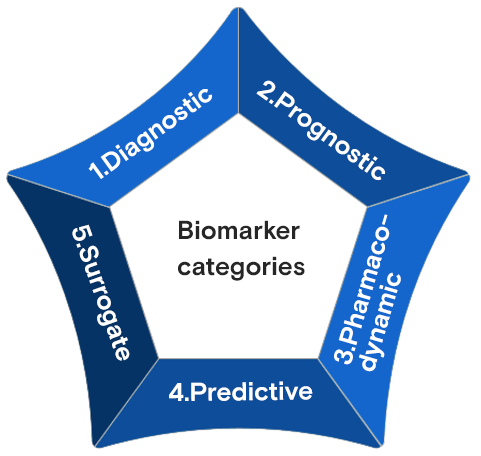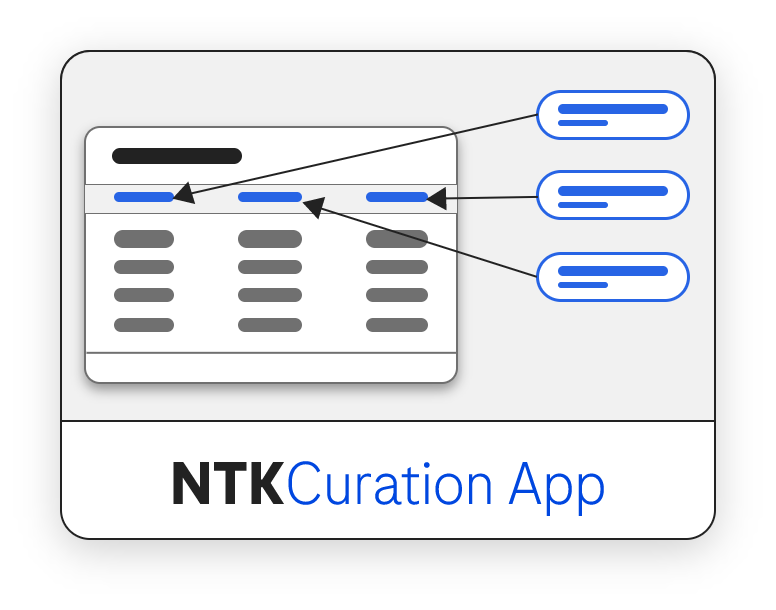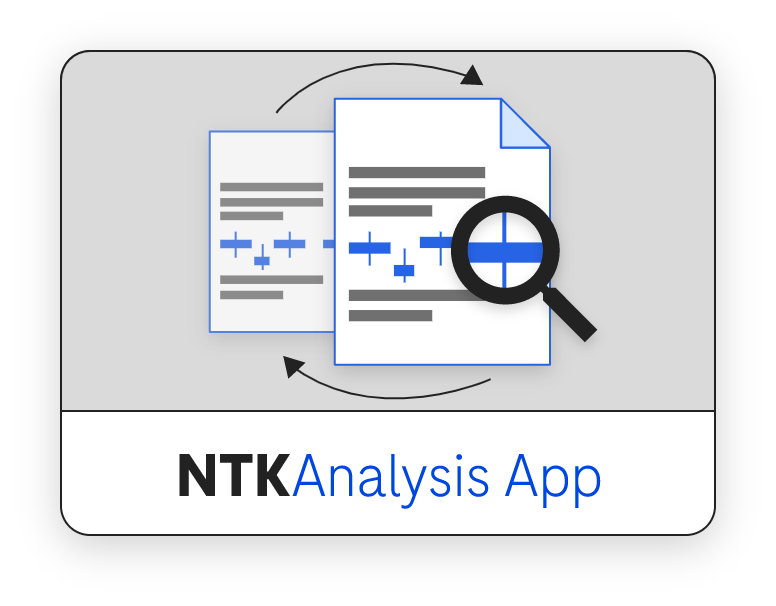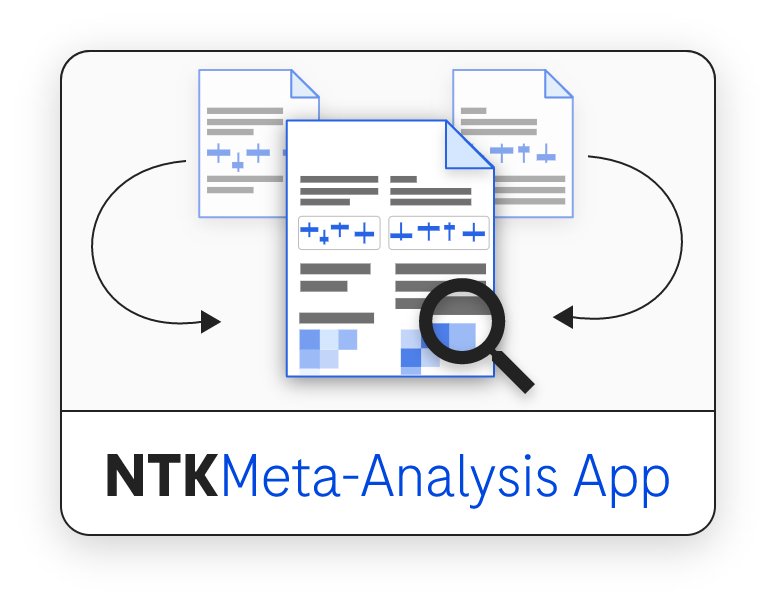The NTKApp
The NTKApp is a powerful, cloud based, fully integrated analytics platform. It improves the process and ability to interpret neurologically relevant immunoassay data while providing users a unified, cloud-based platform. The NTKApp consists of three interlinked apps. This allows users to upload, curate, analyze, and compare biomarker datasets and results from all over the world in a few simple clicks. Thanks to the NTKApp built-in virtual machine, users can import, shape, and run their own statistical analysis pipeline that can later be shared with the NTK community. The NTKApp is a new tool to exchange ideas, encourage valuable research, and support industry partnerships.
NTKCuration App
The NTKCuration App module offers user-friendly data upload. Biomarker data needs quality control and standardization before being used in the NTKAnalysis App. This automated data standardization process minimizes human error and allows comparability across datasets.
NTKAnalysis App
The NTKAnalysis App allows users to select a suite of powerful descriptive statistics to gain immediate insight into data. Outputs are available in publication-quality tables and interpretable graphical visualizations, which can be saved locally.
NTKMeta-Analysis App
The NTKMeta-Analysis App allows users to compare biomarker data with other data across the community. The NTKMeta-Analysis App also sheds light on shared data, resources, and objectives, providing support for existing and new clinical use cases based on collective evidence. This enables the contextualization of results and the generation of new hypotheses and evidence.
Collaboration
Collaborative research in neurology is evolving. The NTK is an effort to generate high quality, reproducible, and comparable biomarker data. While NTK is all about community and collaboration, we understand the importance of data privacy. The NTK FAIR user policy lets you decide what to share, when to share it, and with whom.
Learn more about FAIR data services and work spaces.

- Detects or confirms the presence of Alzheimer’s disease pathology (amyloid/tau/neurodegeneration framework)
- Predicts the likely course of disease in untreated individuals and identifies patients who are likely to have a faster rate of decline.
- Indicates that a biological response has occurred and changes in biomarker values often precede clinical outcome.
- Distinguishes between those who will respond or not respond to therapy.
- Surfaces subsets of response biomarkers that predict specific disease related clinical outcome and can serve as a surrogate for a clinical efficacy endpoint.
Tutorials
Accessing the apps
Here is a step-by-step tutorial on how to access the NTK Applications on the ADWorkbench!
NTKCuration App
Take control of your data with the NTK Curation App! Our step-by-step tutorial will teach you how to curate your dataset using standard and custom dictionaries, and prepare it for analysis.
NTK Analysis App
Get the most out of your data with the NTK Analysis App! Learn how to use our built-in analysis modules and save your report in one interactive, publishing-ready document. Our easy to use data analysis app bridges together R, RShiny, Python, and RMarkdown for creating and executing statistical analyses.
NTK Meta-Analysis App
Effortlessly compile multiple results into one interactive document using the NTK Meta-Analysis App! Compare results data generated by the analysis application across multiple studies or partners and produce aggregate point estimates.







